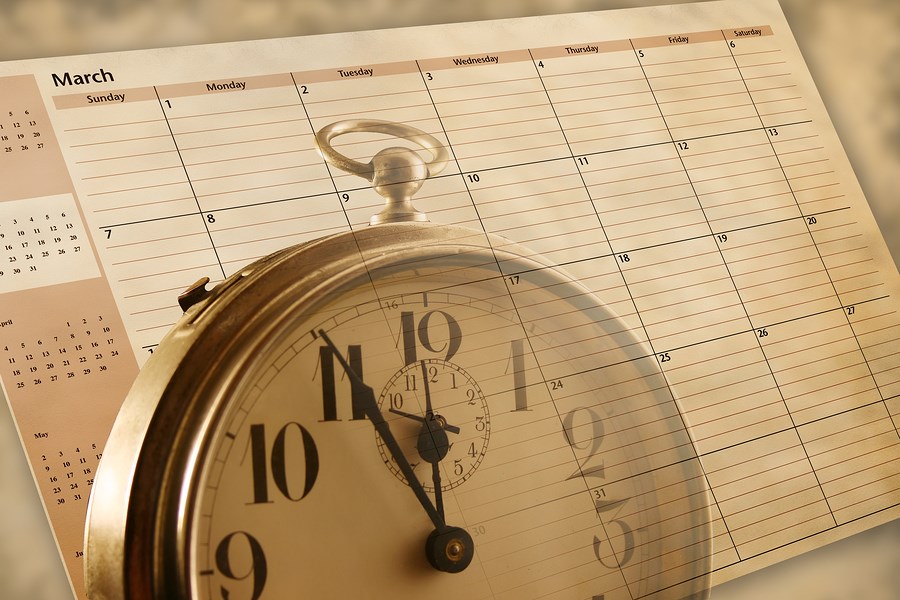Back in 2011, former Saskatchewan premier Brad Wall tossed around the idea of holding a referendum to see if the province would be on board with observing daylight saving time along with much of the rest of the country.
The referendum never went ahead – a government poll at the time showed most Saskatchewanians were happy to carry on not observing daylight saving time, blissfully avoiding the havoc the time change creates every March and November.
Those people know what’s up.
I have a suspicion the results of that poll are largely due to the amount of farmers in Saskatchewan.
I’ve heard daylight saving time justified as a way to give farmers more time to work during their busy season, but that idea is laughable. Every farmer I know works when it’s light out and sleeps when it’s dark out, regardless of where those two occurrences fall on the clock.
Altering the time the sun rises and sets doesn’t change the amount of daylight we receive.
Daylight saving time dates back to 1895, when a guy named George Hudson, an entomologist and astronomer, proposed the concept, presumably so he could sleep in a little in the mornings and still have time to collect bugs in the evening. Ol’ George must have had some serious sway, because we’re still observing this somewhat arrogant phenomenon of literally changing time twice a year 113 years later.
Daylight saving time is not one of those things that get better with age. A 2016 study shows people in parts of the world that observe daylight saving time face an increased risk to mental health, with diagnoses of depression rising during the transition from daylight saving time to standard time. Other studies have shown bodily functions can be thrown out of sync and that the risk of stroke increases in the days after the time change.
While these effects might not be immediately obvious, other outcomes of the time change certainly are.
Saskatchewan aside, the rest of the country’s emotions are tossed around and battered as we collectively cheer in November when we are magically granted an extra hour of sleep by the government powers that be, and grumble in March when those same powers take away that precious hour of shuteye. We’re a culture that loves sleep. We’re a culture that abhors when sleep is taken away.
The practice is outdated. No one can agree on, or even come up with, what purpose it serves, which can easily lead an entire country to believe it serves no purpose.
George the bug collector is probably laughing in his grave. I bet he got a kick out of throwing his weight around, suggesting that we change time. He probably never expected anyone to take him seriously. Maybe it was a joke to begin with. Well played, George, well played.
At this point, it seems like the ongoing observance of daylight saving time is one of those “We’ve always done it this way, so why change it now” scenarios. But there’s a huge population of cranky, confused, sleep-deprived people shuffling around out there this week who would be more than happy to see the end of this strange tradition. It’s about time to make the change.




